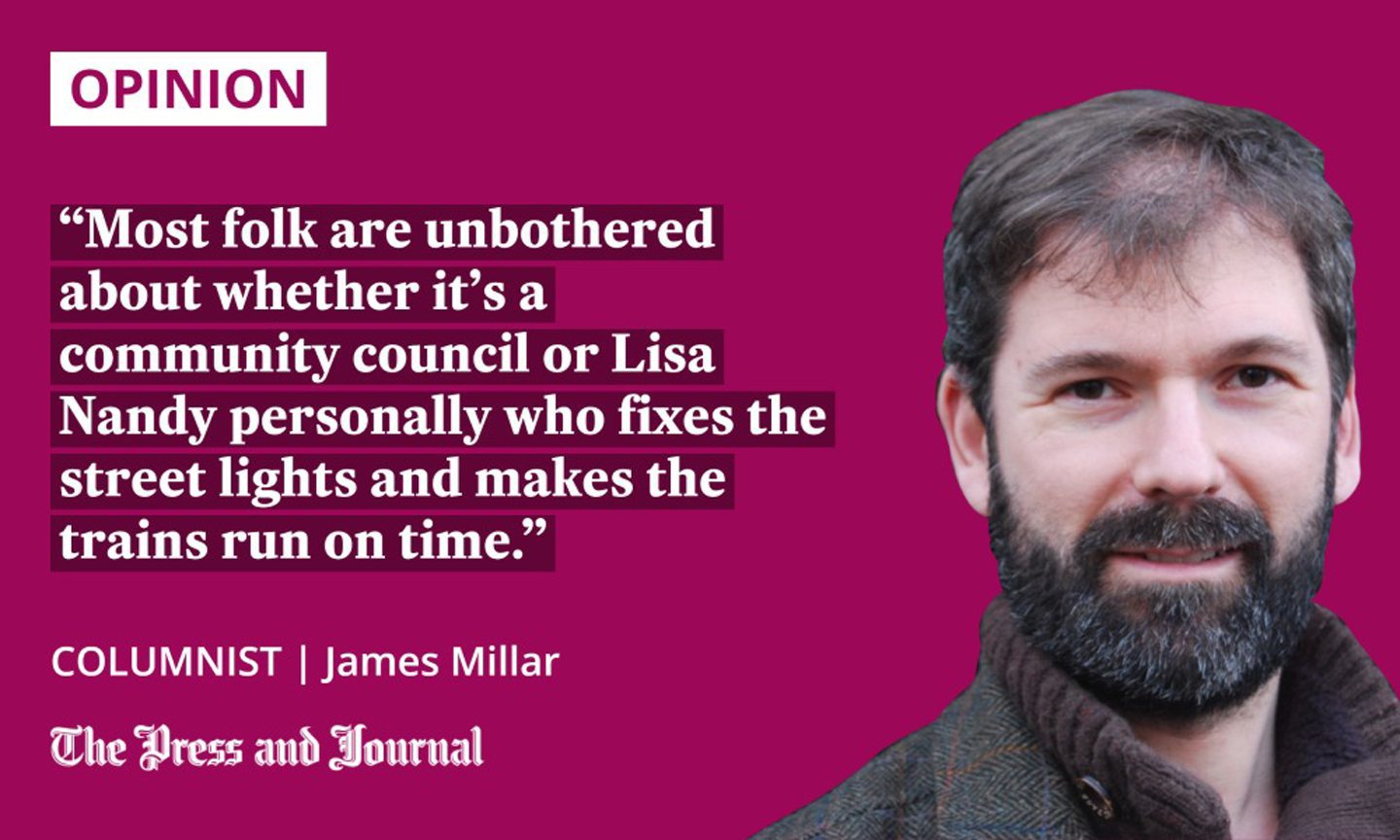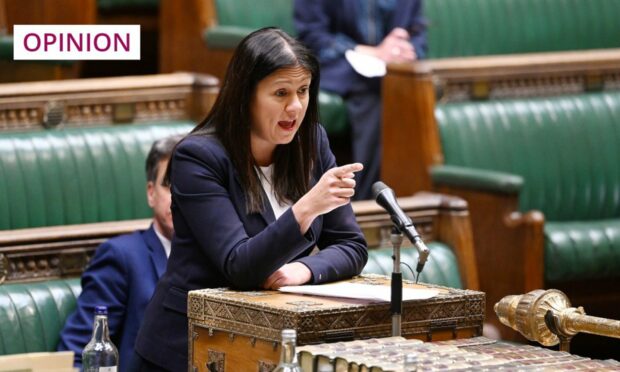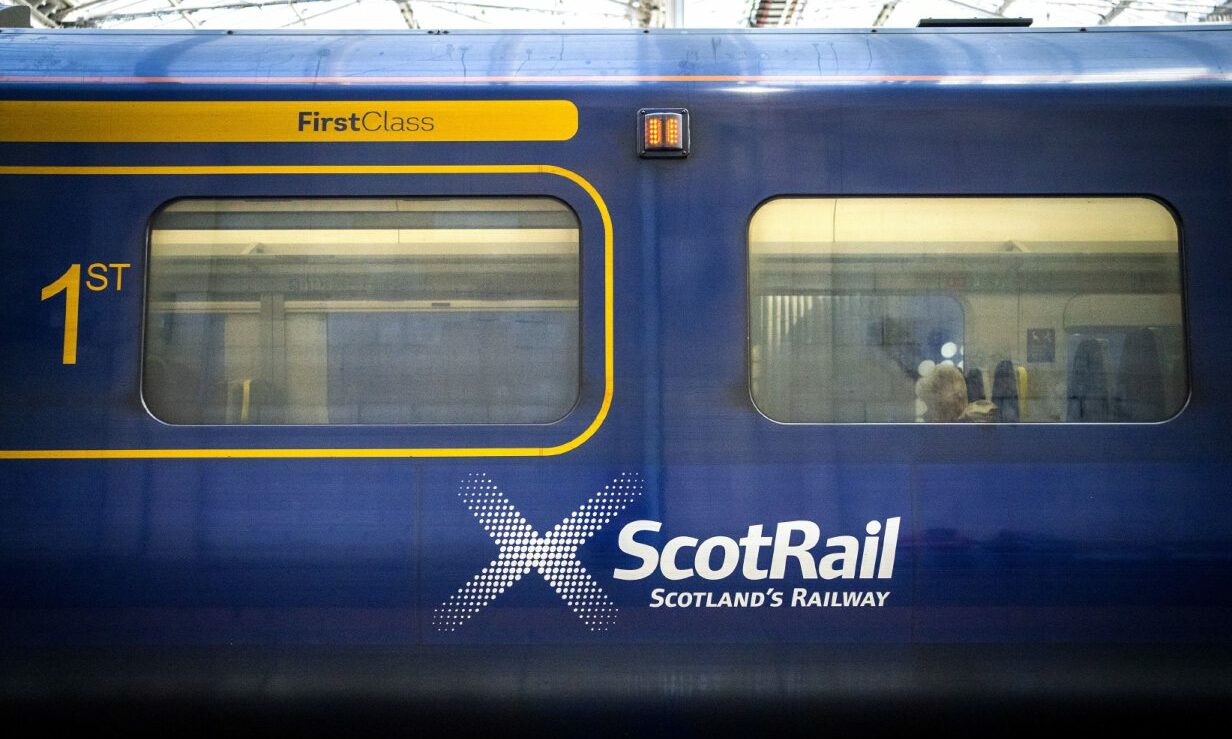Democracy and government of all levels ought to put people first, but our politicians seem to have entirely forgotten, writes James Millar.
Labour’s Lisa Nandy last week warned that UK democracy “must change or die”.
The sentiment may have been well meaning, but adding “or die” to any statement immediately suggests an element of darkness and Darth Vader. Join the my evil army… or die. Tidy your room… or die. Pay your taxes (particularly if you’re in charge of the actual tax system)… or die.
Is the shadow levelling up secretary threatening some sort of authoritarian overthrow? Is she planning to emulate Mussolini’s March on Rome with a walk from Wigan to Westminster?

Certainly, the case for democracy looks a bit ragged right now. The regular and inevitable switch from Conservative to Labour freshens up the direction of the nation, but it also mitigates against essential long-term planning, particularly when the incumbent administration is lame to the point of pointlessness.
Ministers are dishing out directions to civil servants who can be confident that, in 18 months, there’ll be a new government, new priorities and a new set of instructions.
Devolution is a dividing line between Labour and the Tories
However, Nandy’s address was about disbursing power away from Westminster, not hoarding it in Whitehall. She praised and promised devolution, not revolution.
It was slightly odd, in that she claimed our democracy had failed to react properly to popular discontent since the financial crash in 2008. That rather overlooks the huge democratic acts that were the 2014 independence referendum and the 2016 Brexit vote.
The latter, in particular, allowed voters to electorally express their frustration, and it has been acted on, albeit to the nation’s detriment by most metrics.
But devolution is, increasingly, a clear dividing line between Labour and the Tories. The former has a plan authored by Gordon Brown that is typically thoughtful and thorough – and far too obscure to bother most voters.
After years of consensus that we need more parliaments, assemblies, and mayoral offices, devolution is up for debate
The Conservatives showed their opinion of the nation’s political settlement when they wielded Westminster’s veto to block Holyrood’s Gender Recognition Reform legislation. They’ve decided to stop or even reverse the flow of powers from Westminster to the nations and regions.
Democracy and government of all levels ought to put people first
After years of consensus that we need more parliaments, assemblies, and mayoral offices, devolution is up for debate.
That’s of interest to think tanks who care about these things, and out-of-favour MPs who would prefer a swanky workspace in Edinburgh or Middlesbrough to a poky office in parliament. But the rest of us have bills to pay.
Devolution is the ultimate wonk’s delight. Most folk are unbothered about whether it’s a community council or Lisa Nandy personally who fixes the street lights and makes the trains run on time.
Democracy and government of all levels ought to put people first. It doesn’t need to change, it needs to return to first principles, and democrats need to remember why and who they serve.
James Millar is a political commentator, author and a former Westminster correspondent for The Sunday Post



Conversation